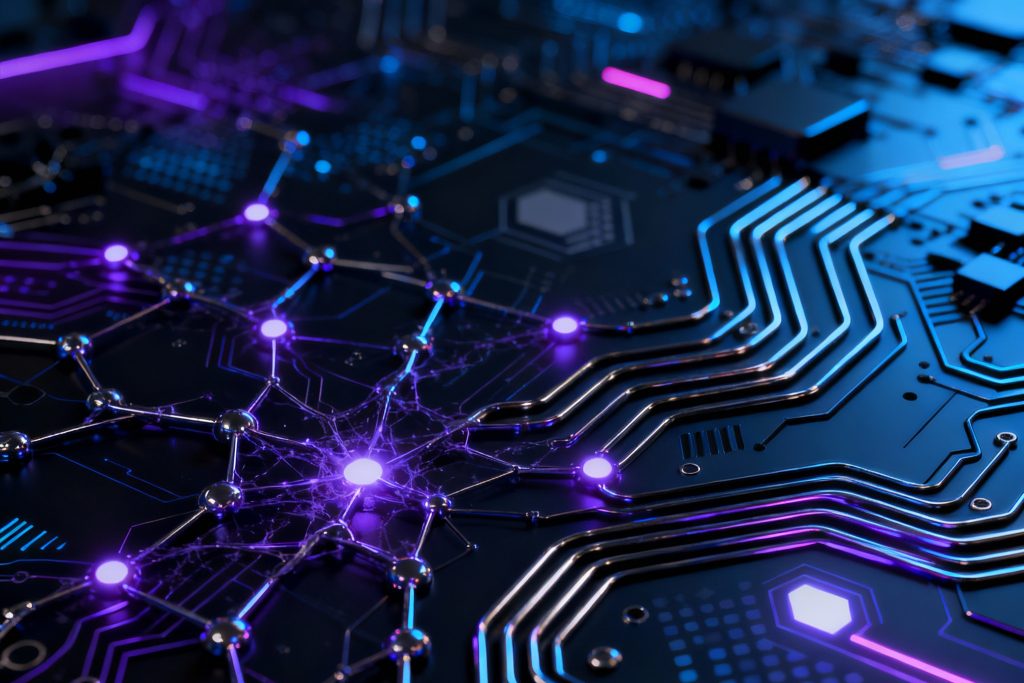In the vast world of technology, two fields stand out as the heavyweights of the digital age: cybersecurity and artificial intelligence (AI). Both are shaping our future in ways that were once the stuff of science fiction. One is about protecting the digital universe from constant threats, while the other is about teaching machines to think, adapt, and solve problems. But if you are starting your journey into tech, you may be asking a very practical question: Which is easier—cybersecurity or artificial intelligence?. It’s a fair question, and the answer isn’t just about difficulty. It’s about learning curves, job markets, skills required, and, most importantly, your interests. Let’s unpack both fields and see where the road feels smoother.
Cybersecurity: The Digital Shield
At its core, cybersecurity is about defense. It protects systems, networks, and data from cyberattacks that could steal information, shut down businesses, or even disrupt national security. Think of cybersecurity like guarding a fortress. Hackers are constantly searching for a way in, whether through weak passwords, unpatched systems, or phishing emails. Your job as a cybersecurity professional is to build walls, set traps, and monitor every corner so the fortress remains safe.
What Cybersecurity Involves
- Network Security: Making sure data traveling between computers is safe.
- Application Security: Ensuring apps don’t have back doors for hackers.
- Information Security: Protecting sensitive data through encryption and policies.
Operational - Security: Training people and setting rules for safe behavior online.
Careers in Cybersecurity
You don’t need to be a math genius to get started. Many entry roles focus on systems, monitoring, or ethical hacking. Some popular jobs include:
- Security Analyst
- Penetration Tester (Ethical Hacker)
- SOC Analyst
- Network Security Engineer
- Chief Information Security Officer (CISO)
These jobs range from hands-on technical work to leadership and strategy, meaning you can grow into many different directions.
Artificial Intelligence: The Digital Brain
Where cybersecurity is about protection, artificial intelligence is about creation. AI is the science of building machines that can “think” or at least mimic human intelligence.
When Netflix suggests your next movie, when Siri answers your question, or when doctors use AI to analyze scans, you’re seeing artificial intelligence in action. AI is everywhere: healthcare, finance, marketing, robotics, and even art.
What AI Involves?
- Machine Learning: Teaching computers to learn patterns from data.
- Deep Learning: Using neural networks to solve complex problems like speech or image recognition.
- Natural Language Processing (NLP): Enabling machines to understand human language.
- Computer Vision: Teaching systems to “see” and interpret images or video.
Careers in AI
AI careers are often more specialized. They require strong academic and technical foundations. Common roles include:
Machine Learning Engineer
- Data Scientist
- NLP Engineer
- Robotics Engineer
- AI Researcher
These jobs often come with high salaries but also require deeper knowledge and longer training.
Learning Curve: Cybersecurity vs AI
Here’s where most beginners draw the line. Cybersecurity is generally easier to start. You can go from beginner to entry-level professional in about 3–6 months with focused learning and certifications like CompTIA Security+. Platforms like TryHackMe and Hack The Box allow you to practice hacking legally in simulated environments, making it fun and interactive.
AI takes longer. Expect 6–12 months just to cover the basics of Python programming, math, and machine learning frameworks like TensorFlow or PyTorch. AI also requires patience—you might spend days cleaning data before you even start training a model. So if you want a quicker path into a job, cybersecurity feels lighter. If you love coding and math challenges, AI will keep your curiosity alive.
Job Market and Salaries
Both fields pay well, but the dynamics are slightly different. Cybersecurity has a consistent, urgent demand. The U.S. Bureau of Labor Statistics predicts 33% job growth between 2023 and 2033, far faster than most other careers. Entry-level salaries average around $95,000, with senior roles crossing $170,000 or more.
AI salaries are higher on average, with roles like machine learning engineer or AI researcher often starting above $110,000 and reaching $200,000+. However, the market is competitive, and many employers prefer advanced degrees or solid portfolios. In short: cybersecurity is easier to break into, AI is harder but often more lucrative once you’re established.
Cybersecurity vs AI at a Glance
- Cybersecurity: Quicker entry, practical skills, steady demand
- AI: Longer training, data-heavy, higher potential pay
Accessibility and Learning Resources
Another factor is accessibility. Cybersecurity resources are abundant and approachable. From YouTube tutorials to free labs, you can practice without expensive tools. Most beginners can start with a laptop, a few open-source tools, and a certification study guide.
AI learning often needs more computing power. Training large models can be resource-intensive, sometimes requiring cloud services like Google Colab or Azure. While free courses exist, real projects often depend on access to data and hardware, which can be a barrier for beginners.
The Intersection: AI in Cybersecurity
Interestingly, the two fields are starting to blend. AI is now a major tool in cybersecurity, used to detect anomalies in network traffic, predict attacks, and even automate responses.
Examples include:
- Darktrace: AI-powered threat detection system.
- CrowdStrike: Uses machine learning for endpoint protection.
But there’s also a new challenge—protecting AI itself. As AI spreads, hackers target its models and data, raising questions of AI security and ethical use. This is creating hybrid careers like AI Security Engineer and Cybersecurity Data Scientist.
Who Should Choose What?
- Choose Cybersecurity: if you like solving puzzles, want quick job readiness, and prefer practical, hands-on work.
- Choose AI : if you enjoy coding, love math, and are curious about building smarter systems that push boundaries.
Myths About Cybersecurity and AI
It’s easy to be intimidated by both, but some myths need busting:
- Cybersecurity is just hacking. Not true. It’s also about policy, compliance, risk management, and user training.
- AI requires a PhD. Many AI jobs focus on applied skills. If you know Python and machine learning basics, you can start contributing.
- Cybersecurity will be replaced by AI. Wrong. AI can assist, but human judgment and strategy remain crucial.
Final Thoughts
So, which is easy: cybersecurity or artificial intelligence? Cybersecurity wins for accessibility and speed. It offers a friendly entry point, faster certifications, and strong job security. AI, however, wins for depth and long-term innovation. It’s more complex, takes longer to master, but can lead to groundbreaking careers. Neither field is “better.” The real answer depends on what excites you more—being a digital defender in cybersecurity or a digital creator in artificial intelligence.
If you’re still unsure, dip your toes into both. Try a free cybersecurity lab, then build a small AI model with Google’s Teachable Machine. The field that feels less like work and more like play is probably the one you should choose. Both paths are future-proof, both pay well, and both let you make an impact. The question isn’t just which is easy, but rather which feels right for you.




